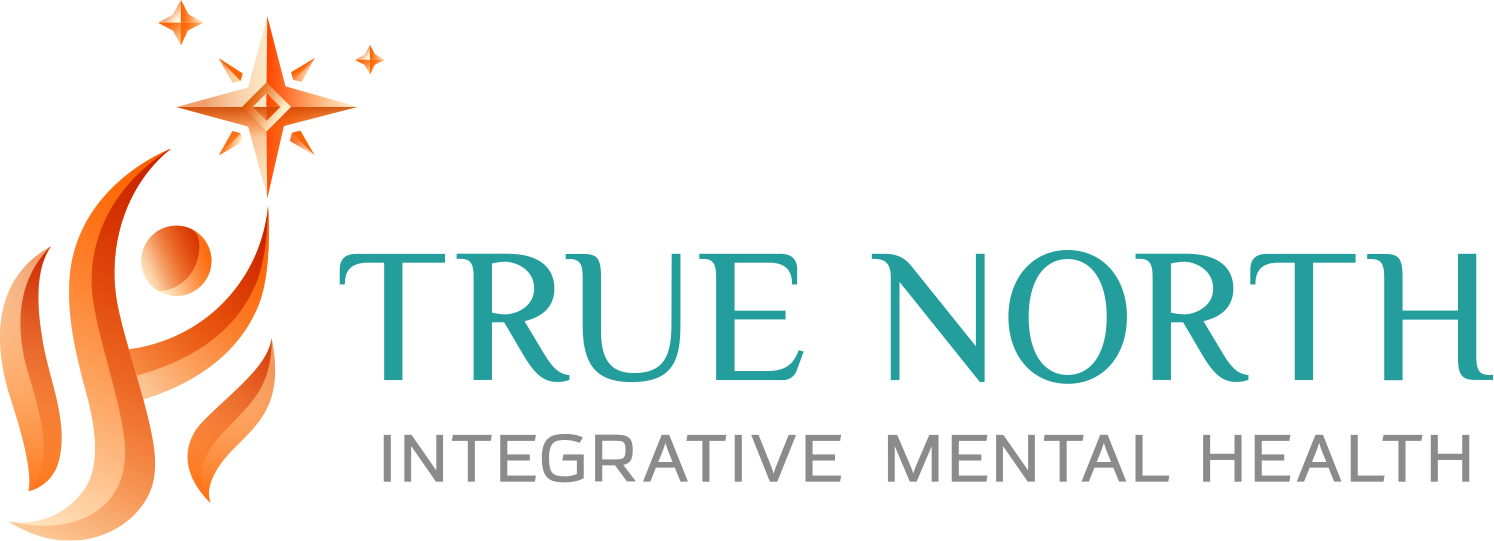TMS Therapy for PTSD: A New Hope for Treatment
Dr. Jamie Rogers • June 2, 2022
June 27th is Post Traumatic Stress Disorder (PTSD) Awareness Day. PTSD affects 6% of the population at any given time, and True North IMH is ready to help anyone suffering from this disorder.
True North IMH specializes in TMS Therapy, which may help individuals with PTSD reduce their symptoms and get back to living the full lives they deserve.
TMS therapy, also known as transcranial magnetic stimulation, offers an alternative treatment option to medications that some patients find are ineffective or cause unwanted side effects.
PTSD Awareness Day
PTSD Awareness Day serves as a call to action—to recognize this condition, support those affected by them, and invest in further research.
It emphasizes education about PTSD's symptoms and causes, provides incentives for conversations about PTSD, and incites people who need treatment to reach out for help.
What Is PTSD?
PTSD is a mental condition that can develop after exposure to trauma, including military combat, violent experiences, or personal assaults.
It affects people's thoughts and behaviors, interfering with their ability to function in daily life.
Symptoms
A few common symptoms of PTSD are:
- Anxiety
- Nightmares
- Irritability
- Flashbacks
- Irregular sleep
- Difficulty concentrating
- Hypervigilance
- Emotional detachment
This list of symptoms is not exhaustive and does not represent a diagnosis. If you are experiencing any of these symptoms or any other distressing emotions or experiences, please seek help. It may be PTSD or another serious condition.
Causes
Many factors can play a role in developing post-traumatic stress disorder (PTSD), but some stand out more than others. Symptoms of PTSD can include any of these traumatic events:
- Physical or sexual abuse
- Threats
- Shootings
- Military combat
- Negative childbirth experiences
- Extreme weather events
The experience of one traumatic event does not invariably lead to the development of PTSD. And though PTSD most often stems from one particular trauma, not everyone experiences PTSD for the same reason.
All our mental health journeys are different. Still, one thing is true for all of us: You should consult with a medical professional if you suspect you may have PTSD.
Potential Comorbidities
Like most mental health conditions, people with PTSD often receive a dual diagnosis. Potential comorbidities include:
- Depression
- Anxiety
- Substance Use Disorders
Again, this is not an exhaustive list. A comprehensive diagnosis is critical to best address any mental health concerns a person may have.
Treatment Options
Fortunately, PTSD is a treatable condition, and there are various ways to get relief, including:
- Exposure Therapy: In simple terms, exposure therapy is a treatment for patients who suffer from phobias. Its purpose is to help people confront their fears to minimize the panic-inducing response. But it can also be beneficial for those who have PTSD.
- Cognitive therapy: Cognitive therapy, or CBT, is one of the most common types of treatment that focuses on behavior change.
- Medication: Common prescriptions for PTSD are selective serotonin reuptake inhibitors, or SSRIs, which also combat other mental health problems like depression and anxiety.
Therapy and medication are standard PTSD treatments, but they are not always successful. TMS therapy is the next step when other options fail.
How Can TMS Therapy Help Treat PTSD?
Treatments like TMS Therapy offer people with treatment-resistant PTSD hope for a better life.
TMS stands for transcranial magnetic stimulation. This therapy emits magnetic pulses at a targeted brain area to treat various mental health conditions.
How Does TMS Therapy Work?
TMS for PTSD works for patients by targeting the part of their brain that continues to relay the trauma.
When someone has PTSD, their hippocampus will shrink, making it difficult to differentiate between traumatic memories and the present moment's reality. Additionally, PTSD impacts the amygdala and the ventromedial prefrontal cortex, causing mood regulation and emotional processing to shift. TMS therapy targets these three areas to help restore proper function.
TMS treatment for PTSD often requires several weeks, but the wait is worth it. As time progresses, patients notice significant improvement.
TMS for PTSD Treatment in Greenville, North Carolina
True North IMH is an integrative health center in Greenville, North Carolina, specializing in the most advanced FDA-approved TMS treatment. TMS therapy offers hope for long-term relief and remission from debilitating mental health conditions. If you or a loved one suffers from PTSD, do not suffer alone. Contact us today to see how we can help.
Call today to seek the support you deserve: 252-232-4290


Our Helpful Links
Schedule a Consultation
Get help with depression today! It's important to know that you are not alone.

